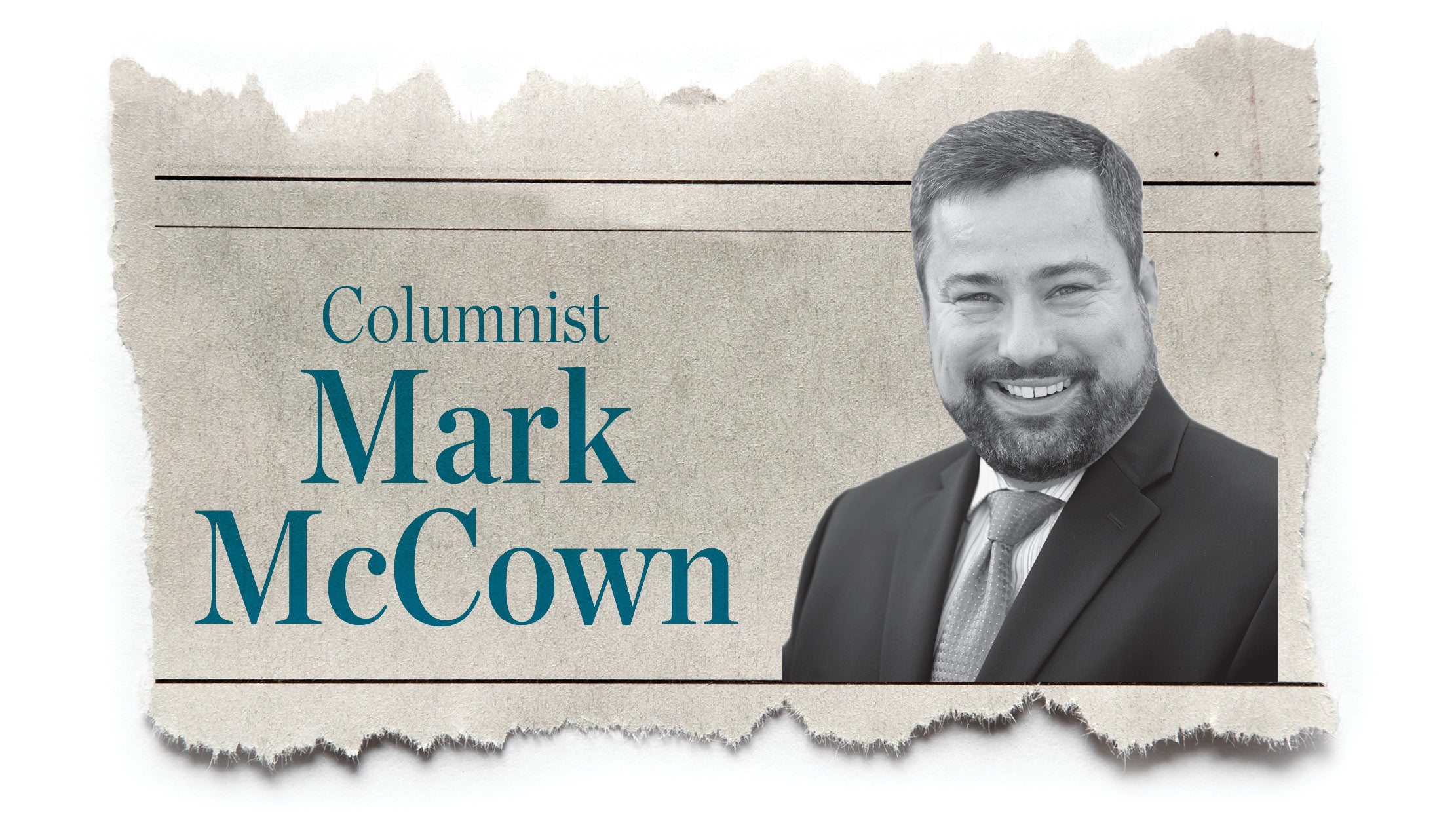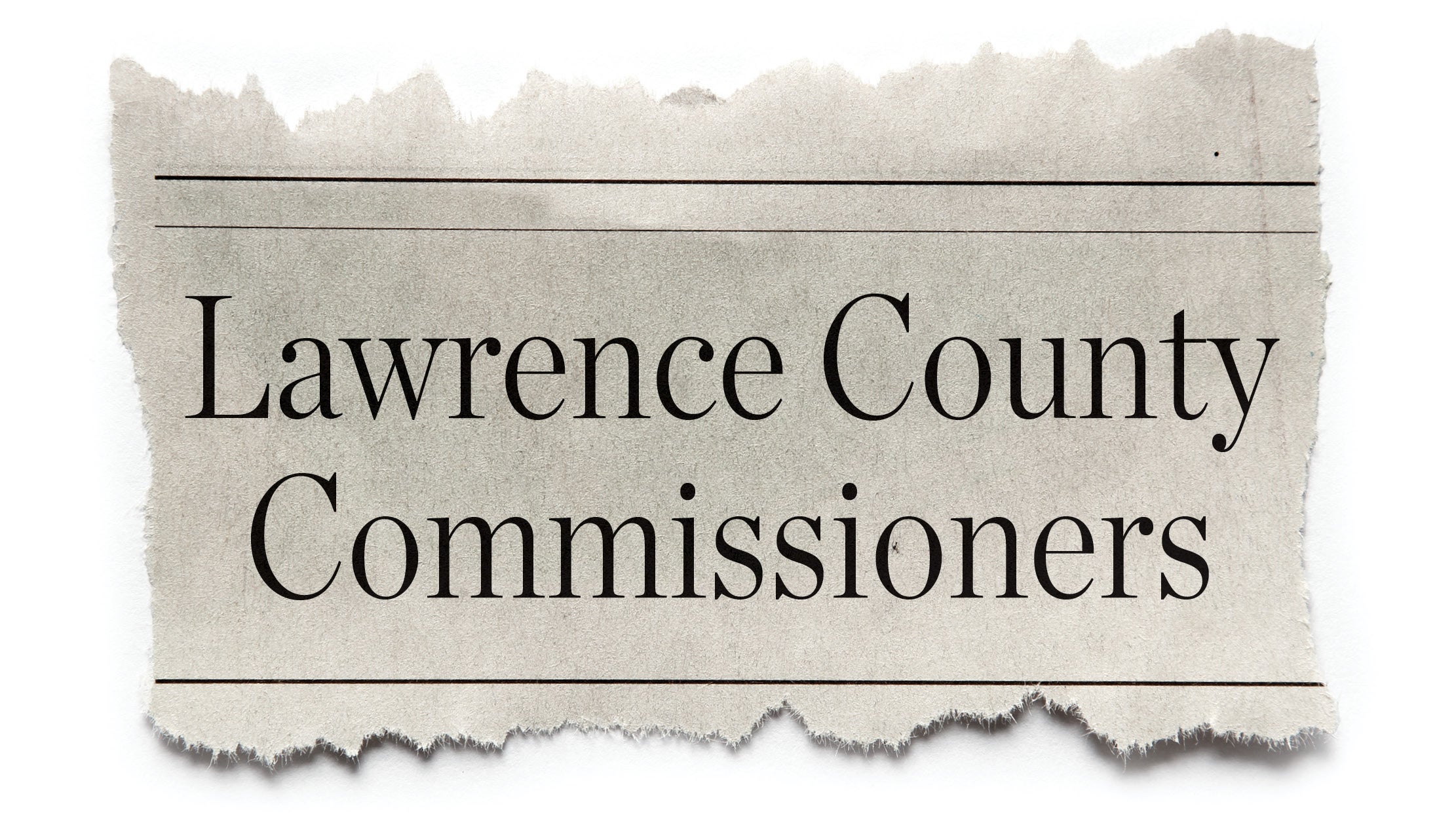Bankruptcy may be only way out of debt
Published 12:00 am Saturday, September 26, 2020
Dear Lawyer Mark: Me and my girlfriend live together with our daughter, and are worried about the bills we’ve been getting.
We were barely making it before all this COVID-19 stuff, but now are both out of work.
We already had a bunch of doctor bills to pay and had to put food on the table.
So I took out credit cards last year to keep us going, because I had to do what I had to do.
She got sick again and had to go to the hospital, and those bills are now coming in too.
I got a letter from one of the credit cards about suing me because I haven’t paid, and now I owe them $7,500.
The others are calling saying they’re going to take my wages or our house if I don’t pay them.
The house and an old car is all we got. It ain’t much, but the house was given to us by her parents, and we don’t owe the bank on it.
What can we do? —Help
Dear Help: You should talk to someone about filing for bankruptcy. Bankruptcy can be a fairly straight forward process, depending on the types of debts and amount of income a person has. Debts are either secured by property, like a mortgage on a house, or unsecured, like credit cards.
Most people in your situation would be looking at a Chapter 7 bankruptcy, but your lawyer should advise you of the three other types as well.
Under a Chapter 7 bankruptcy, a person files a petition with the federal bankruptcy court (ours is located in Cincinnati, but we file the petition and documents electronically).
The petition will list the monthly income and expenses, as well as all of the assets and debts of the people filing, whether they want to keep a particular item or debt, or get rid of it.
These petitions are filed under penalties of perjury, so it is very important to list everything completely and accurately.
Contrary to belief, bankruptcy does not mean you will lose everything, nor does it necessarily mean you will be able to keep everything.
Once you file, you cannot get rid of anything you own until the bankruptcy court decides what you can keep, and what must be sold or let go to a creditor to sell if it is a secured debt that you don’t want to keep.
The items that you can keep that have equity in them, called exemptions, are actually determined under state law.
In Ohio, revised code section 2329.66 sets forth the exemptions.
First, don’t worry about losing your house. Ohio currently allows a homestead exemption of $ 145,425.
That means if there is less than that amount of equity in it, the court can’t take it (although if you owed a mortgage and got behind on the mortgage, the bank could ask that it be sold). You can also have up to $4,000 of equity in a car, $13,400 in household goods and furnishings, $500 in cash, plus other exemptions, so from your letter, it appears you would be able to keep everything.
After you file the bankruptcy petition, you will attend a meeting of creditors.
Your creditors can ask you questions to make sure you are not lying about your assets, or to figure out what you want to do with an item if it has a secured debt on it.
You will primarily be questioned by a person called the “panel trustee” who represents all your creditors.
Currently, these meetings are held in Portsmouth, and typically take less than ten minutes. Assuming you have no items that exceed your allowed exemptions, the trustee will file a report, and the bankruptcy court will then “discharge” your debts, so that you won’t have to pay them.
As with all legal proceedings, there are a few other steps that you have to take, such as credit counseling, before you can file and before the court will discharge you. Depending on your situation, the whole process can take as little as a few months, or as much as a year.
Regardless, the purpose of bankruptcy is so that at the end of the process, the debtor gets a “fresh start” at a financial life.
Thought for the Week: “Money won’t create success, the freedom to make it will.” — Nelson Mandela
It’s The Law is written by attorney Mark K. McCown in response to legal questions received by him. If you have a question, please forward it to Mark K. McCown, 311 Park Avenue, Ironton, Ohio 45638, or e-mail it to him at LawyerMark@yahoo.com. The right to condense and/or edit all questions is reserved.






